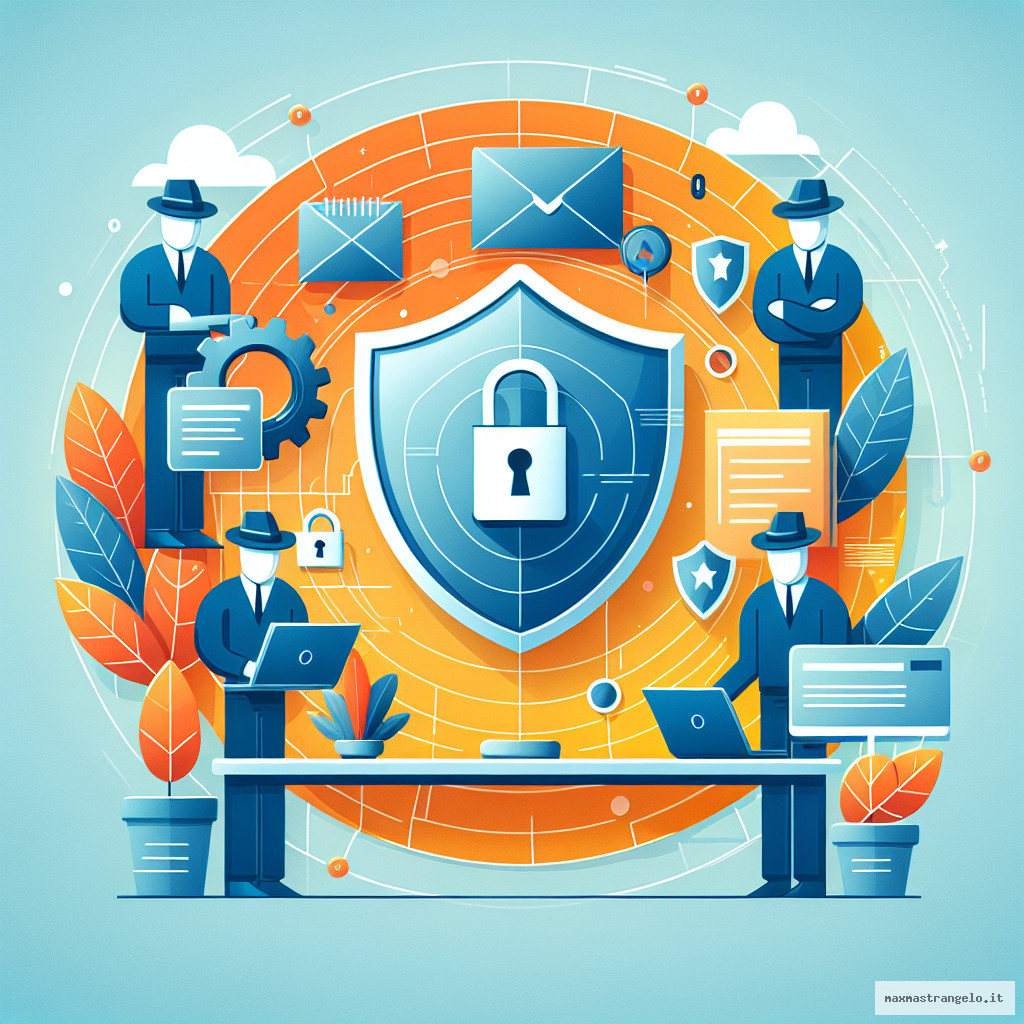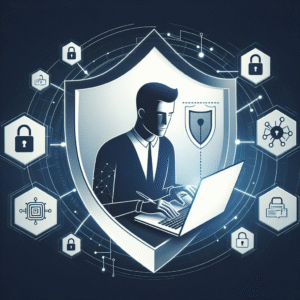
In the digital age, cybersecurity is no longer a topic reserved only for IT experts. Italian SMEs and freelancers find themselves dealing with sensitive data and digital communications every day, constantly exposed to increasingly sophisticated online threats. However, you don't need an advanced course to put in place the first effective preventive actions: with a few simple steps, you can protect your business and safeguard your reputation.
## Why Cybersecurity has become a need for everyone, not just big
According to the latest data from CERT-AgID, the National Cyber Emergency Response Center, ransomware and phishing attacks continue to grow even among small and medium-sized businesses. For many Italian businesses, losing customers or having to suspend operations due to a cyber attack equates to an economic loss that is difficult to recover. That's why basic cybersecurity measures-often underestimated-are instead an indispensable investment in business continuity.
Taking care of digital security means protecting:
- Customer data (such as master data and sensitive information)
- Invoices and digital documents (electronic invoices, contracts)
- Online reputation (social, email and websites)
## Cybersecurity basics: 3 practical takeaways for SMEs and freelancers
### 1. Strong passwords and password manager: the first bulwark
It sounds trivial, but using simple or the same passwords for multiple accounts is the most common mistake. To protect yourself you need:
- Create long passwords, using numbers, uppercase and lowercase letters, and symbols
- Avoid obvious formulas such as "1234" or "password"
- Use a password manager such as Bitwarden or LastPass-these tools generate and store complex passwords, preventing them from being improperly reused
### 2. Regular updates: never put off software and systems
Each update to the operating system, programs, or even the website (e.g., on WordPress) contains fixes that eliminate recently discovered vulnerabilities. Postponing the installation of these patches can be a real risk because hackers often exploit known flaws.
- Set up automatic updates when possible
- Regularly check that critical software (such as antivirus and browser) is up to date
- Make regular backups of data to reduce damage in case of an accident
### 3. Minimum training for collaborators and partners.
Often the weakest link in a security chain is the people who manage it. A simple click on the wrong email link can compromise the entire corporate network. A mini-training on the most common risks, even half an hour, can make all the difference.
- Identifying phishing attempts: figuring out which emails not to open or which links not to click on
- Explain the importance of not sharing passwords via chat or email
- Encourage a corporate culture of safety, with daily attention
## What free tools to get started?
For freelancers and SMEs who do not want to invest in expensive software right away, there are several effective free solutions:
- **Antivirus**: Avast Free or integrated Windows Defender already offer good basic protection
- **Password Manager**: Bitwarden has a very good free version.
- **VPN** for secure connections: ProtonVPN Free allows you to surf more securely especially with public Wi-Fi
- **Email and site security verifiers**: online tools such as VirusTotal or SSL Labs.
Starting to put these simple rules into practice can dramatically reduce the risk of suffering damage from cyber attacks, without having to become an expert or hire a dedicated team.
—
### The 3 key takeaways for cybersecurity in Italian SMEs
1. Use strong passwords supported by a password manager to avoid common mistakes
2. Never put off software updates-they are your automatic daily shield
3. Train yourself and your employees on the simplest and most common risks (email scams, phishing, social engineering)
By adopting these simple practices, even the smallest professional firm or digital store can significantly raise the level of its online security.
—
If you would like to learn more and receive up-to-date practical advice on cybersecurity for your business or freelance activity, sign up for our newsletter dedicated to SMEs. Stay one step ahead of the risks and protect the digital future of your business!







